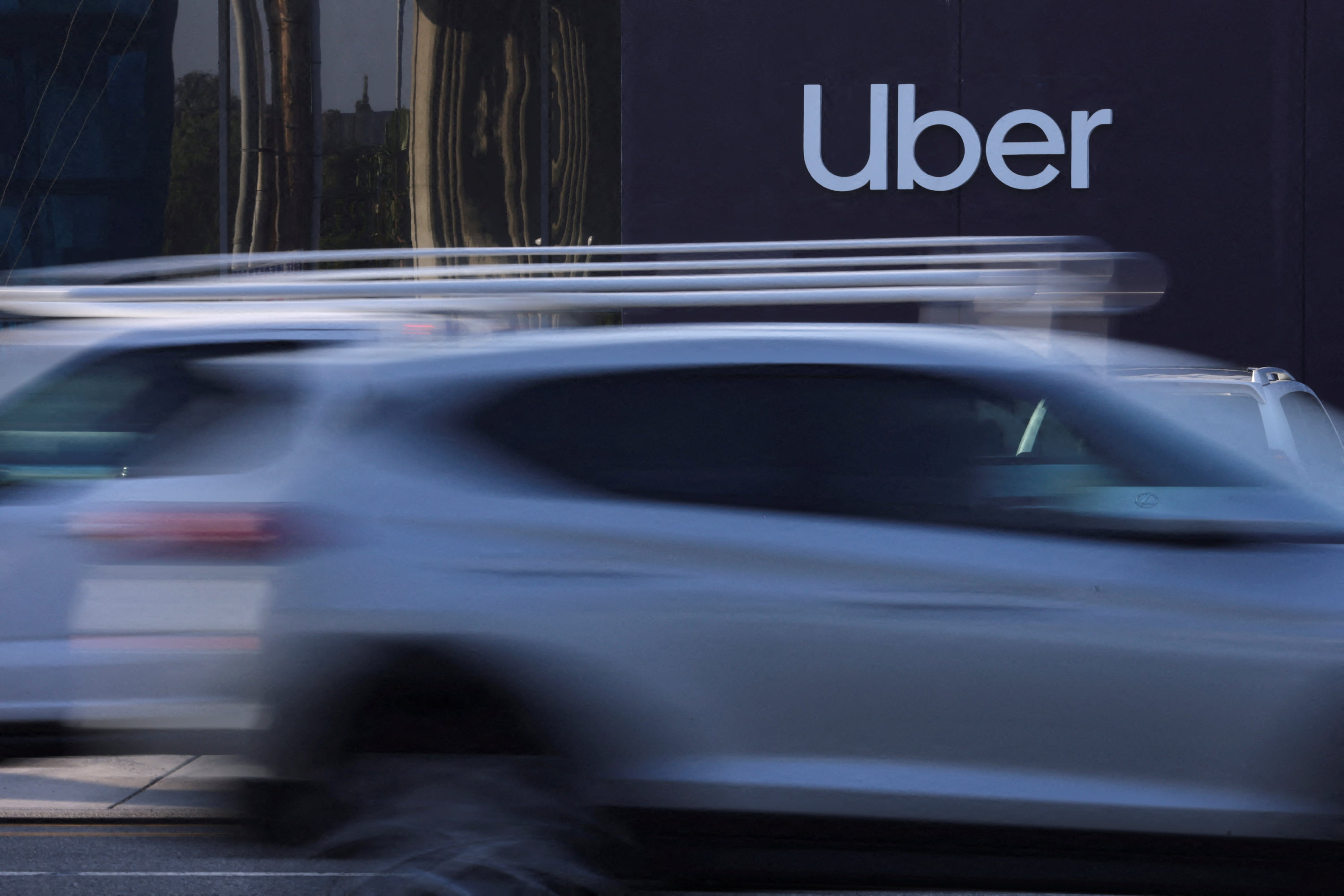Ride-hailing service Uber’s attempts to challenge a California law that would classify transportation gig workers and delivery drivers as employees instead of independent contractors cannot move forward, a U.S. appeals court ruled on June 10.
In its ruling, an 11-judge panel of the Ninth U.S. Circuit Court of Appeals in San Francisco found that the California law, known as Assembly Bill 5, is, in fact, constitutional, despite Uber’s claims that it isn’t.
The ruling upheld a lower court ruling that found Uber failed to show that the legislation improperly singled out app-based transportation companies, while exempting many other industries.
Writing in the appeals court’s opinion, Judge Jacqueline Nguyen said there are “plausible reasons for treating transportation and delivery referral companies differently from other types of referral companies” that use gig workers, “particularly where the legislature perceived transportation and delivery companies as the most significant perpetrators of the problem it sought to address—worker misclassification.”
Assembly Bill 5, also known as AB5, was approved in 2019 as part of efforts to ensure workers at app-based companies such as Uber, Lyft, and DoorDash receive various protections and benefits such as minimum wage, overtime pay, reimbursements for expenses, workplace protections, and more.
The measure reclassified many contract or freelance workers to employees, thus allowing them to receive benefits.
It also codified the so-called “ABC test”—three legal criteria to define independent contractors to determine which workers should receive benefits—dictating that workers who fail the test must be classified as an employee instead.
The ABC test includes: (A) the work is free from the direction and control of the hiring entity; (B) the work is performed outside the usual course of the hiring entity’s business; (C) the work is done by someone who already does that kind of work independently.
Uber Files Suit Over ‘Irrational, Unconstitutional’ Legislation
Uber and its subsidiary Postmates, along with similar services, typically treat workers as contractors as part of cost-control efforts.Soon after AB5 was passed, Uber filed a lawsuit challenging it, arguing the legislation violated their rights under the equal protection clause of the state and U.S. constitutions.
“AB5 is an irrational and unconstitutional statute designed to target and stifle workers and companies in the on-demand economy,” said the complaint, which listed the state of California and state Attorney General Xavier Becerra as defendants.
The San Francisco-based firm further argued that it’s a technology business that doesn’t hire drivers or delivery persons, and thus isn’t covered by AB5.
“If AB5 were enforced against [Uber and Postmates] in a manner consistent with the sponsors’ stated intent to require reclassification of workers in the on-demand economy, it would harm many independent service providers who prefer to provide services on their own schedules via the app-based platforms that network companies operate,” the plaintiffs wrote in the complaint.
“Inevitably, forced reclassification would eliminate the flexibility and entrepreneurship that is the foundation of platform-based work,” the complaint concludes.
An appeals court subsequently struck down the law in March 2023, finding that AB5 is unconstitutional because it improperly singles out app-based transportation businesses while exempting many other industries, such as freelance writers, travel agents, and barbers (depending on the circumstances).
Appeals Court Keeps Uber Lawsuit Alive
In its March ruling, the three-judge Ninth Circuit panel said the “piecemeal fashion” of the exemptions to the law was enough to keep Uber’s challenge to the California law alive.“The exclusion of thousands of workers from the mandates of AB5 is starkly inconsistent with the bill’s stated purpose of affording workers the ‘basic rights and protections they deserve,’” Circuit Judge Johnnie Rawlinson wrote for the court at the time.
However, the June 10 ruling ultimately reversed that decision.
The latest ruling comes amid an ongoing debate over federal laws and other regulations that could lead to more companies being required to classify their workers as employees.
A November 2020 voter-approved law, known as the Protect App-Based Drivers and Services Act, or Proposition 22, allowed ride-hailing and delivery app makers to exclude workers in California from various protections and benefits under Assembly Bill 5.
That measure is also being subjected to legal challenges, with the state’s top court last month hearing arguments from a labor union and four drivers who contend the legislation is unconstitutional.
A spokesperson for Uber told The Epoch Times in an emailed statement: “While today the Ninth Circuit decided to leave AB5 intact, Uber drivers and couriers remain independent as a result of Proposition 22, which preserves their flexibility while providing them with important new benefits.”
The spokesperson added that the decision “does not change the status of the law in California in any way.”
Reuters contributed to this report.
Update: This article has been updated to include comment from Uber.














